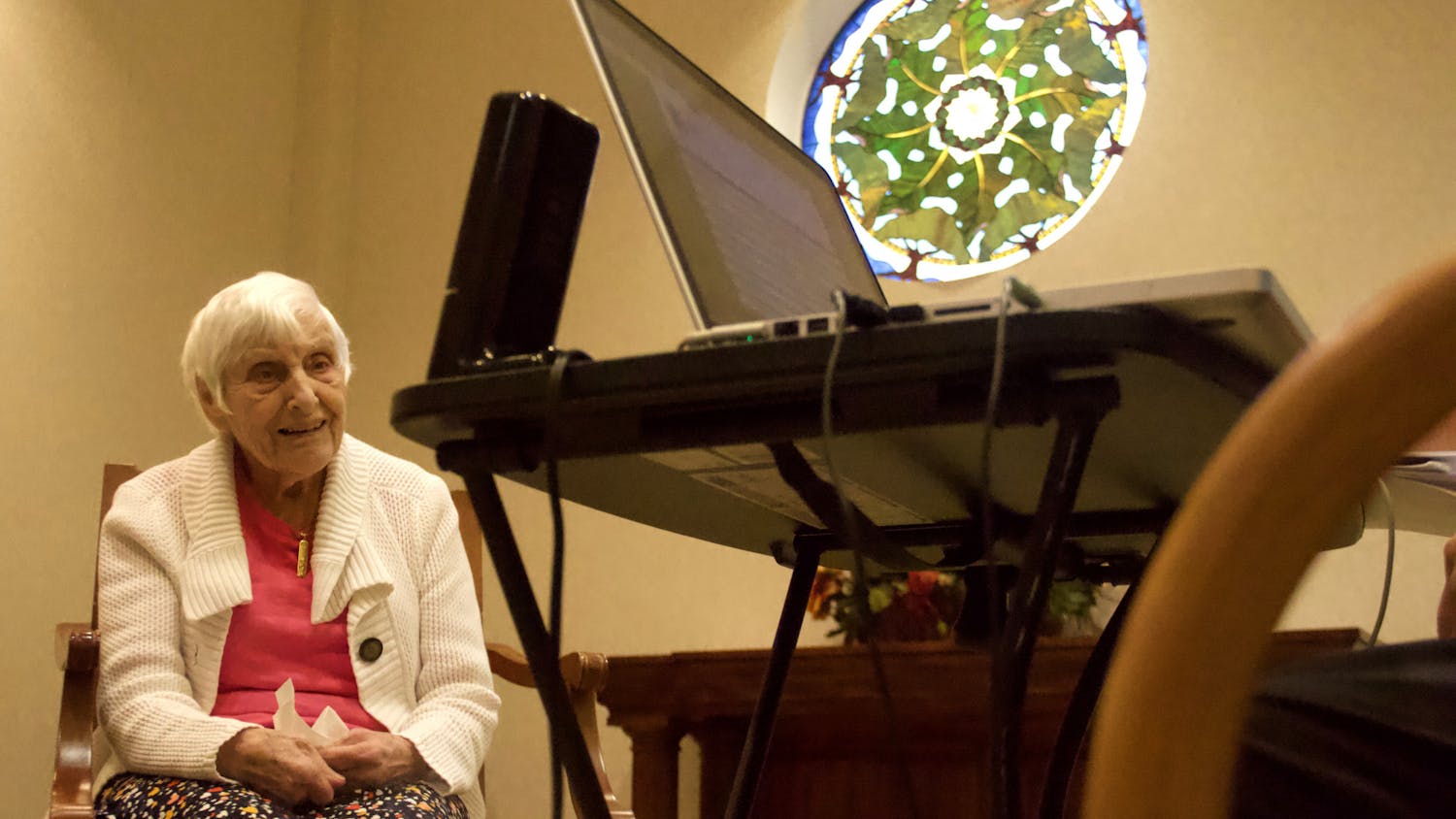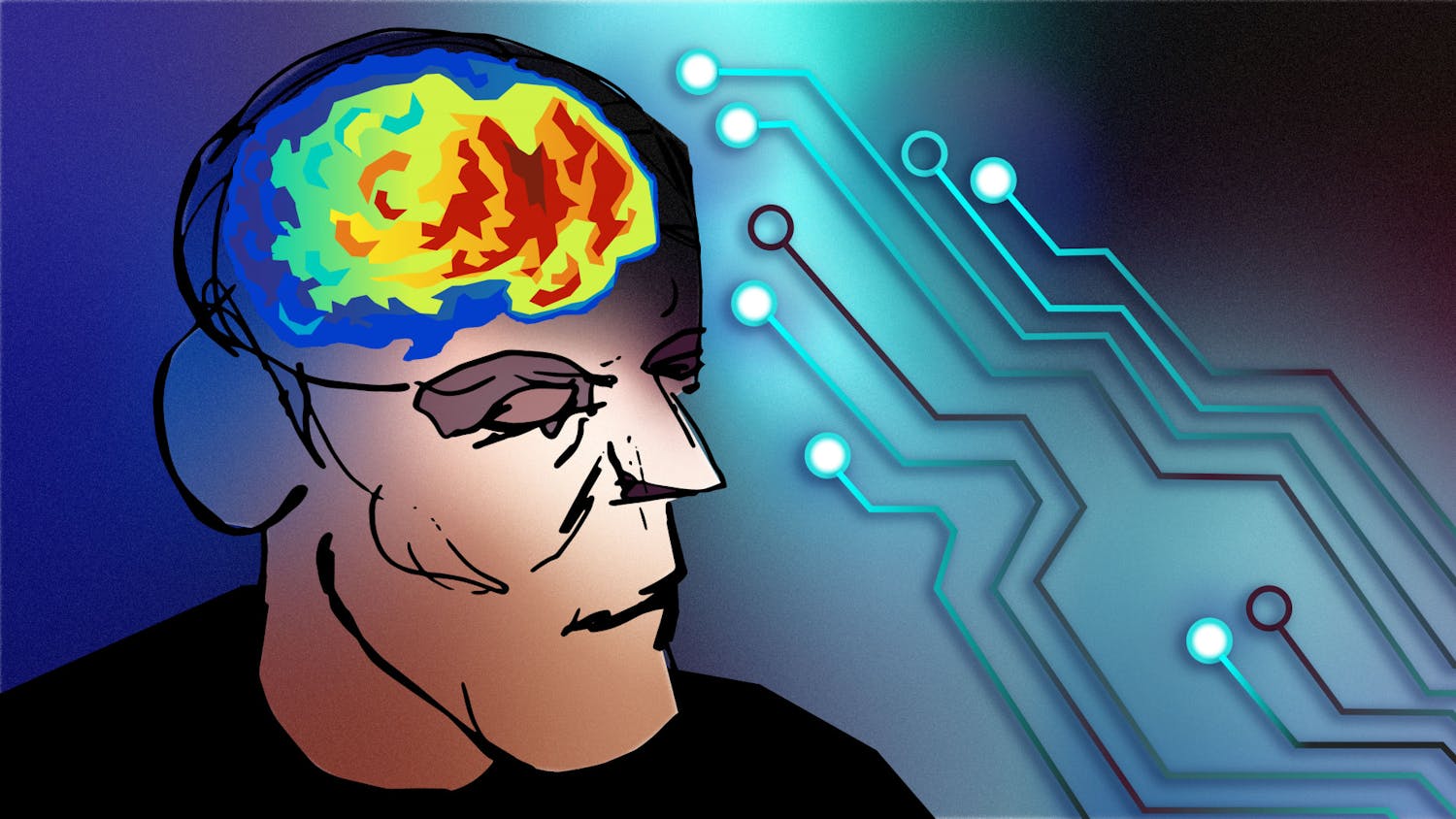I ate some salad, double-checked my alarm — set for every three hours — closed my eyes and tried to worry about upcoming exams. I wasn’t asking for a next-day headache; I wanted to prove dream catchers couldn’t stop bad dreams.
According to “Dreams and Transitions,” a Ph.D. dissertation by Mohkamsing-den Boer and Elizabeth Pieternella, “Some of the dreams that are dreamt repeatedly may be understood as urgent ‘calls’ from the world beyond.”
Sometimes, these dreams are scary. To native tribes of the world, a dreamcatcher — usually a wooden circle with strings to catch bad dreams — was used as a “spiritual safety blanket,” Philip Jenkins wrote in his book “Dream Catchers: How Mainstream America Discovered Native Spirituality.”
To test their myth, I first needed to improve the odds of having a nightmare. Old-timer psychologist Sigmund Freud argued that dreams addressed subconscious desires. Another theory suggests dreams bring up emotions from earlier that day.
In either case, I knew wanting to pass a math test I hadn’t started studying for would give me the willies. Apparently, eating food like lettuce with spicy ginger dressing might also cause some nightmares.
Until I came to UF, I slept so much I forgot my dreams. Scientists are still searching for why some people are better than others at remembering them. According to a study by a French university, people who remember dreams have more brain activity.
Since there weren’t any solid rules, I figured if I interrupted sleep every three hours, I’d have a better chance of remembering.
While I attempted to sleep, messengers in my brain told unneeded machinery to shut down. They kept most parts purring, partially so I didn’t die young and partially so software could get upgraded.
A persistent bell exploded in my eardrums at 4 a.m. I couldn’t remember any dreams, so I clicked my phone’s ignore icon and rolled over to my right side.
Dreams begin with a Whovillian-shaped brain secretary. My secretary was busy sipping margaritas on the brain’s long stem.
When it got around to it, the secretary submitted a memo to a penguin-shaped mail service, which delivered an idea to the mushy outer layer of my brain.
The first nightmare was fun.
My comrades and I had been kept prisoner aboard a human-looking alien ship for months.
Eventually, the ship crash-landed in a tropical rainforest, and I discovered a magic sword.
I started shaking. As 30 aliens circled around me on the grass, I realized I couldn’t beat them all.
My second alarm went off at 7 a.m. I almost fell off my bed reaching in the dark for a notebook and pencil.
Grogginess after awakening from sleep is normal because the body switches unused muscles back on.
My dulled senses couldn’t tell the dream world apart from reality.
Exhausted, I gratefully closed my eyes. I worried about sleeping through my next alarm, but there was a chance my dream catcher needed to warm up.
In the second bad dream, somebody sued me for something I didn’t do. In my notebook, I wrote “paper.”
Luckily, my alarm went off again at 10 a.m. and the trial was over.
Perhaps the dreamcatcher works but was too full of bad dreams to catch any more.
Perhaps people think it works because of a placebo effect — like in drug studies when participants are given fake pills and still get better.
Until somebody repeats my experiment on a large scale, though, students shouldn’t bet their sanity on a dreamcatcher.
Andrew Silver is a UF mathematics junior. His column appears on Wednesdays.
[A version of this story ran on page 6 on 2/4/2015 under the headline “Don’t count on those dreamcatchers"]





